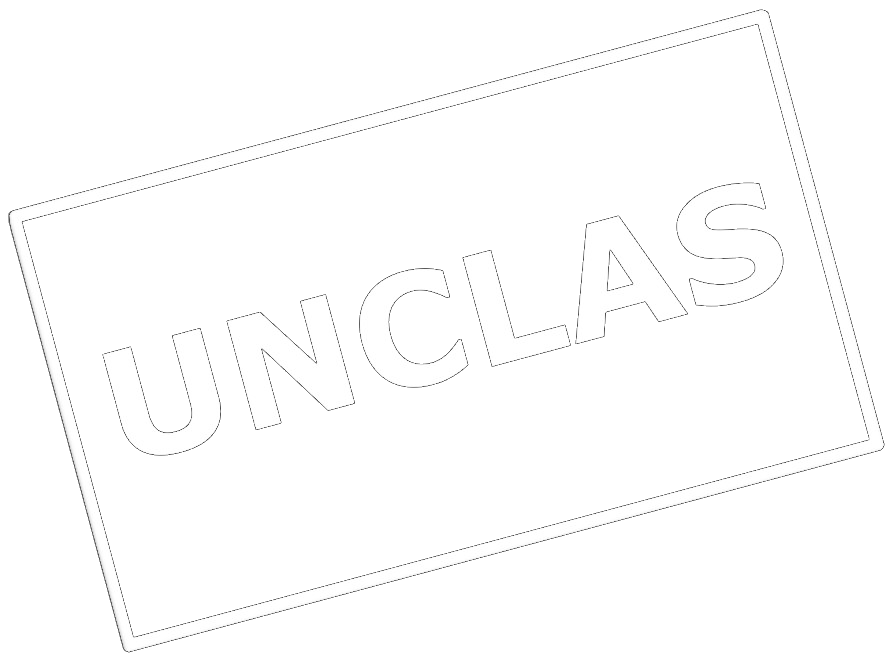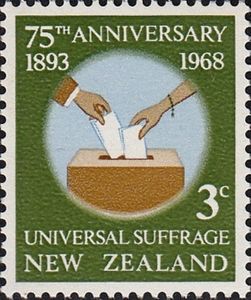The domestic terror attack on 15 March shook New Zealand from its slumber. The belief that bad things wouldn’t happen here, founded on misguided cultural clichés of our own ‘niceness’ and other egalitarian myths, has been tested and found wanting. However, what New Zealanders do next will ultimately determine whether any lessons have actually been learned at all.
While the intelligence and security sector of Government is navel gazing about what they should have done differently, the average Kiwi is doing what they always do – expressing a desire for the old days, blaming anyone that doesn’t look like themselves and baying to ‘lock ‘em up and throw away the keys.’ No pre-scripted soundbites from the PM are going to change this. #ThisIsUs. If we truly desire a safer country and improved national security, we are going to have to tackle entrenched disenfranchisement at every level of society.
No-one is born anywhere in the world angry or radicalised. There are no baby thugs, bullies, gang member or terrorists. There are just babies that, with clinical difference aside are simply blank canvas for parents, families and society. The concept of suffrage, the right to vote, is common to many but not all countries in the world. Disenfranchisement is the revocation of suffrage however; it goes much further to include the removal of any legal right – be it use of an amenity or an inherent immunity. It can apply to individuals or groups and may occur by passage of law or arbitrary means like intimidation. Disenfranchisement can even be perceived e.g. people giving up on voting in elections because they feel there is no point.
Disenfranchised people feel disconnected from society and therefore do not think that its checks and balances on their thoughts and behaviour apply. This is fertile ground for radicalisation and it’s often just a matter of which manipulator appears on the scene first. On this aspect, we must re-programme our own media-shaped views on race, religion and political motives in recruitment of radicals. Put all the jihad, nazi and other labels to one side. It’s about power and money. Ideologies are simply a mask behind which greed, ego and pathological intent operate. Wherever there are people, these conditions exist including ‘clean, green New Zealand.’ They haven’t arrived with a boatload of refugees or immigrants in the last few years. They have been here from day 1.
The internet has brought a new tool to the equation and efforts to monitor it will need to be undertaken with great care, lest we undermine the power and good that it also brings. Remember though that spies and assassins have been effectively recruited in the best universities across the world for centuries. Every 5 November we celebrate a failed terror attack on the UK Parliament! William Wallace called Scotland to arms simply with the idea of freedom and walking from village to village. Ideas cannot be defeated by killing or incarcerating the speaker. The mission has to be to replace the idea with a more powerful one.
What is the idea? In my opinion, it must include a sense of purpose; the overwhelming belief by all individuals that they are a meaningful part of society, have value to contribute and that society views them as such. Universal suffrage is not the same as universal enfranchisement.
How can this be achieved? This is the point where I could write a book. Here’s some starter thoughts. First, leave no child behind. Without good health, education and a safe family environment the prospects for a young adult are greatly diminished. We are spending billions on health, education and welfare and still have a hard core of about 20% of children failing at school. There is no ‘one-size’ solution to this and arbitrary rhetoric about school zones, independent vs integrated/charter schools and decile levels has failed to produce any change. We need to get creative and local in this space.
During my time working in politics, I was astounded how many non-custodial parents (mostly fathers) came and asked for help because of some action taken in the Family Court by their ex-partner concerning custody or access to their children. There are a lot of disenfranchised parents out there who feel that society has turned their back on them for no other reason than they no longer love their former spouse. They have deductions placed on their pay and, if they utter one angry word of frustration, are slapped by police orders or have their firearms licence taken away.
Avoid criminalising young people but act swiftly with adults who use them to commit crime. Once a person has a conviction for anything, they are penalised by society for the rest of their life. I get really annoyed when I hear of police informants or undercover officers targetting a young person in a bar or party asking ‘if they have any dope or can they get them some?’ The young person, often to impress a girl or mates will say ‘yes’ and the trap snaps shut. They are either now an informant themselves or potentially facing a charge of offering to supply. All this in the context of a current political discussion that will almost certainly decriminalise the personal use of drugs. The outcome of this type of entrapment can only be disenfranchisement.
Mental health is an area of vast concern and links with the conviction discussion. There are far too few secure mental health facilities. Our prisons are full of people who require psychological and psychiatric help. There simply isn’t enough available and, even if the person is successfully rehabilitated clinically, they can never get rid of the conviction for an offence they committed while unwell. These people are equally likely to ‘fall out of love’ with society.
It’s oft-quoted that the measure of a society is how it treats its most vulnerable. The sick, the elderly, those who for whatever reason are unable to work and even those in prison. We have so much to do in this space. It requires addressing inter-generational dependence on welfare for a start. There is little chance for a young person who grows up in a house where their parents and grandparents have never worked. Why deprive a prisoner of a vote or a cigarette for that matter? Eventually, most prisoners have to be released and, if we want anything other than an angry, resentful former inmate on the streets, we need to rethink our approach to corrections at a fundamental level.
Looping back to the basic premise of suffrage, the level of non-voting in general and local body elections can be used as a measure of perceived disenfranchisement. The five per cent threshold is an impediment to many people believing that their vote counts. So too does ‘coat-tailing’ MPs on the back of an electorate win. Are we really so fearful and insecure as a nation that we couldn’t cope with the ‘Convicts’ Party’ winning a seat in the Parliament? At just over 10,000 on the in-jail muster that’s close to the 13k party votes that ACT recorded in 2017! If we drop the threshold and remove coat-tailing we hand power back to the people – not to two old political parties and their funders who gather up the redistributed ‘wasted’ votes.
Then… write good laws. Not rushed through under urgency. Not retrospective laws. Not made by Order-In-Council. Not laws that usurp the power of the courts by placing legislative discretion to prosecute in the hands of the Police as in the ‘anti-smacking’ legislation and the proposed drug law amendments currently before the house. Good law does not have unintended consequences. The whole of society should have the opportunity to submit on proposed legislation. Fewer laws also equate to better laws. Not every problem in society can be fixed through new legislation.
Contrary to the feel-good rhetoric, New Zealand is a fragmented society and is becoming more so. With this comes the risk of more and more groups and individuals becoming disenfranchised and the consequence of that for national security. We cannot grow the intelligence and security forces at the same rate and neither would we want to. Despite the risk and reality, most New Zealanders are good people and all that is required is for that good to be applied every day. We should not make the mistake of sitting back and waiting for the Government to ‘fix things.’ We should be vocal in directing our representatives as to what we want to happen – removing barriers to enfranchisement. Be engaged and help others to engage as well. Serve your country and your community in the way you are best able to. New Zealand will be safer when everyone has that sense of purpose that makes them proud to be a productive member of our society.
Blatant Advertising Bit: Have you read my short story trilogy “A Poke in the Fifth Eye”? It’s available in Kindle format for only 99c. A ripping good yarn about dirty bomb drone swarms in Wellington New Zealand, a couple of destroyed spy bases, an air force base on fire and only a hastily assembled bunch of Kiwi reservists standing between the terrorists and their ultimate goal.

